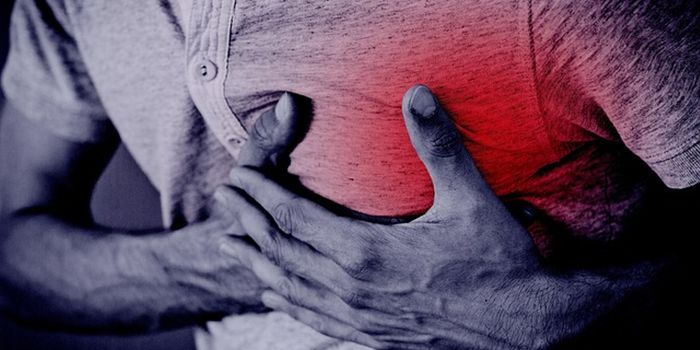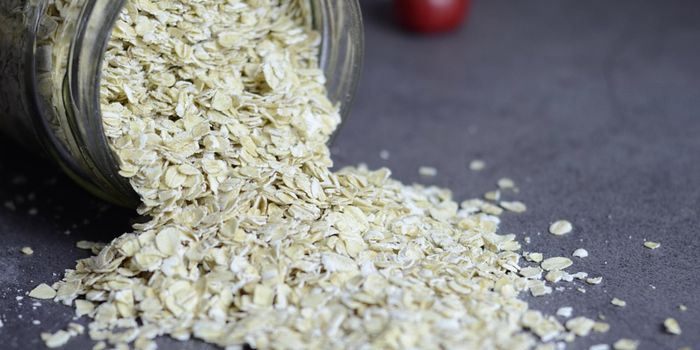Nighttime Blood Pressure Changes Linked to Cerebrovascular Disease and Impaired Cognition
When most people go to sleep, their blood pressure decreases, or dips, compared to daytime values. However, for some, a phenomenon called reverse dipping occurs. Reverse dipping is when a person’s blood pressure increases at nighttime compared with daytime blood pressure values. Reverse dipping is an alteration of the circadian blood pressure rhythm, which frequently occurs in those with hypertension or high blood pressure.
A new study, published in Neurology, the medical journal of the American Academy of Neurology, showed that people with high blood pressure and reverse dipping might be more likely to develop small damaged areas in the brain from cerebrovascular disease. The study was led by Adam M. Brickman, Ph.D., associate professor of neuropsychology at Columbia University.
Brickman and coworkers found that when a person had hypertension and exhibited reverse dipping, an increase in the periventricular white matter hyperintensity volume was observed. The presence of white matter hyperintensities is a marker of small vessel cerebrovascular disease. The people with hypertension, reverse dipping, and a higher volume of white matter hyperintensities also had lower scores on memory tests. The researchers concluded that people with hypertension who exhibit reverse dipping had a greater than two times increase in white matter hyperintensity volume compared with that of other groups evaluated in the study.
The study was performed by analyzing the data from the community-based Maracaibo Aging Study in Venezuela. They analyzed the data from 435 people, 71% of whom were women, with an average age of 59 years. The subjects of the study received 24-hour blood pressure monitoring, structural magnetic resonance imaging (MRI), and neuropsychological assessments. 59% of the subjects had high blood pressure, 10% were reverse dippers, and 40% were non-dippers.
On the study, Brickman says:
“It appears that reverse dipping may amplify the effects of high BP on people’s cerebrovascular health and associated cognitive abilities.”
The study does not show that nighttime blood pressure reverse dipping is the cause of white matter hyperintensities and memory problems, but it does show an association. Brickman said:
“Longer studies that follow people over time will be needed to determine whether these factors do indeed lead to white matter changes and memory problems, although our initial findings are indeed consistent with this hypothesis.”
Sources: The Journal of Clinical Hypertension, Neurology, Healio.com, EurekaAlert, Mayo Clinic Proceedings









